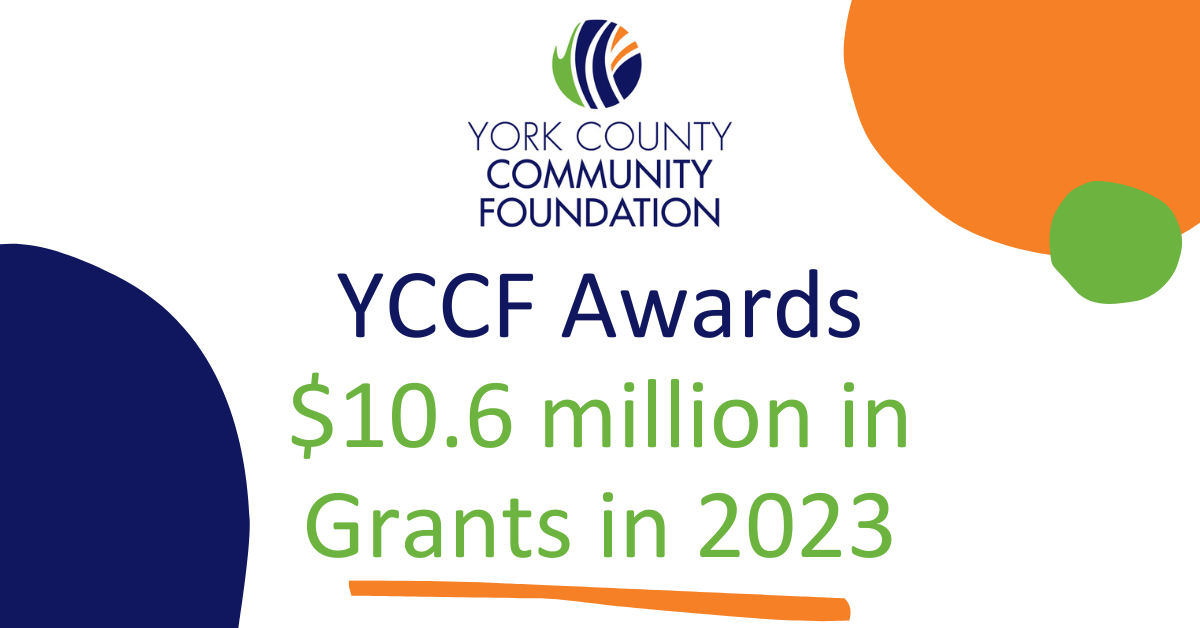con·ver·sa·tion
noun
a talk, especially an informal one, between two or more people, in which news and ideas are exchanged.
Most people enjoy catching up with friends and family about what’s going on in their lives. But there are some conversations many choose to ignore.
I recently attended a session titled Estate Planning Toolbox: A Checklist for Aging Parents, presented by Attorney Frank H. Countess and Attorney Timothy J. Bupp, CGA Law Firm. The session focused on the documents that are most important to complete and keep updated as you age. These include your Will, Power of Attorney, Health Care Power of Attorney, and Living Will.
During the session, they shared an astounding statistic:
Only 18% of Americans over the age of 55 have plans in place.
Whether getting your own affairs in order or ensuring older parents and family members have theirs completed, many people put off having “The Conversation” about their wishes.
Conversations around death and wills can be extremely daunting and even awkward. They remind us of our mortality. A coping mechanism people use when confronted with thoughts of advanced disease or death is to distance themselves from anything to do with it. That’s not okay because when plans are not in place, things get tied up in long and costly court systems and loved ones are left making difficult decisions during time of crisis and grief.
Estate Planning is about making sure the things you’ve worked hard for go to the right people.
Advance Care Planning ensures your wishes for how you want to be treated throughout your phases of health, illness, and death are documented. These documents are used by family and the health care team when you are unable to speak for yourself.
When the time of death nears for whatever reason, most people want the experience to be as peaceful and painless as possible. This is not only true for the person dying, but also for the family members or loved ones who are caring for them and who will remain.
Waiting until the last minute — or avoiding it altogether — doesn’t benefit anyone. Reflecting on, documenting, and communicating your wishes ahead of time will help your loved ones with the transition and understand the why behind your decisions.
No conversation around end-of-life planning is cookie cutter, each is unique and tailored to the individual. However, having a list of key questions helps facilitate the conversation. This list of questions from Willful.co, a Canadian based estate planning resource, serves as a helpful guideline.
Treasures:
Older family members may not be comfortable discussing how they will allocate their estate – this may be something they record in their will privately, but this can help you to spark the conversation for them to think about it.
- Do you have a will, and if so, does your executor know where it’s stored? If not, do you plan to get one, and what are the blockers to doing so?
- Do you have life insurance, and if so, does the beneficiary or executor know where it’s stored?
- Of all your valuables, what do you want to make sure goes to specific people?
- What is the plan for your biggest assets, including any real estate or investments?
- Who will inherit all the stuff you didn’t specifically assign, and how are you dividing it up fairly?
- Who will take in your dependents (children, family with special needs, pets, etc.) and how will they be compensated? (for example, will you leave a pet trust for a pet’s care)
- Who will be the person making sure your estate is distributed as intended (your executor)?
Funeral and Cemetery:
There are many questions that need answered when someone dies. Knowing the answers will help you and your loved ones to make informed decisions about funeral and cemetery wishes.
- Is your funeral preplanned?
- Do you want to be buried or cremated?
- Where do you want your final resting spot to be?
- What do you want engraved on your monument or marker at your final resting spot?
- Do you want a traditional or religious ceremony, or a unique send-off?
- Are there any mementos, photos or memories shared you want at your funeral?
- Do you want to be an organ donor, or donate your body to science?
Legacy:
This section is all about ensuring that your legacy lives on, both online and offline.
- How do you hope your family history and life story will be preserved? (Are there any recipes, stories, songs, or photographs that you want to pass on)
- What are your preferences for your digital footprint? Do you want to keep your social media accounts active, or do you want us to delete them?
- Who will have access to your key digital accounts?
- How do you want to be remembered when you are gone?
- Who would you like to receive a letter or video from you once you’re gone?
- What charities and causes do you want supported in your honour?
Care:
This section is all about how your family should care for you if you are to become ill or injured. These details are so helpful to medical professionals and family members.
- What would be the ideal environment in which you’d like to be cared for?
- Would you want to continue treatment even if you became terminally ill or permanently unconscious?
- If you are no longer breathing or your heart stops, would you want to be resuscitated?
- Who will be the person with the authority to make healthcare decisions on your behalf, if you’re unable to?
- Who would you choose to be your guardian and manage your finances in the event you were unable to due to illness or injury?
- Have you formalized these decisions in power of attorney documents? If so, do your attorneys know where to find them? If no, do you have a plan in place to get POAs? What are the blockers to getting this done?
Whether reflecting on these questions for yourself, or asking them of older loved ones, take time to put wishes in order. When you do, you (and your family) will have peace of mind and be empowered with the information and decisions to honor each other’s legacy.








